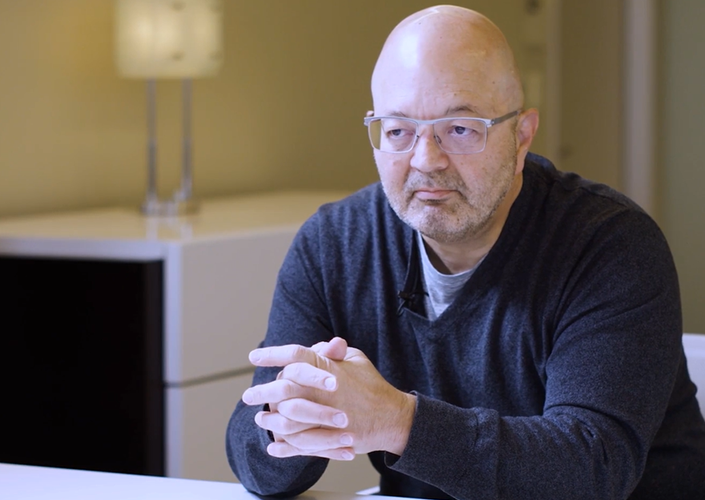Experts from UPMC, Riley Children’s Hospital discuss feasibility of one-system strategy during interoperability roundtable at CCM
UPMC has five primary electronic health record (EHR) systems, a large number reflecting the scale and growth of the health care system — which operates more than 40 hospitals, hundreds of outpatient sites, a network of cancer centers, an insurance services division, and other facilities and practices.
While having just one system might make integrating data across UPMC easier, there are a number of barriers, including cost and the specialized functions of each EHR system, that make a systemwide single EHR unlikely.
“We’ve already consolidated down to five systems but we’re not going to get to one EHR,” said Chris Carmody, Senior Vice President of UPMC’s Information Services Division. In addition to the high costs of going to one system, different EHR systems have strengths in certain specialties such as oncology.
Interoperability discussed during event at CCM
Carmody’s comments were delivered during a roundtable discussion on interoperability at the Center for Connected Medicine (CCM). The roundtable was held during the 2nd Annual Child Abuse Clinical Decision Support Conference, sponsored by UPMC Children’s Hospital of Pittsburgh and attended by representatives of children’s hospitals from around the country.
The CCM recently released findings of a survey on interoperability in health care. The survey, which was conducted by HIMSS Media and sponsored by the CCM, found that fewer than four in 10 respondents believed their organizations were successful at sharing health data with other health systems. To address this challenge, a majority of survey respondents said they are moving to a single integrated EHR.
“I really think that UPMC getting down to five EHRs is a success story and it would not be cost-effective to consolidate further,” said Srinivasan Suresh, MD, Chief Medical Officer of UPMC Children’s Hospital of Pittsburgh.
Dr. Suresh said moving to a single EHR system is problematic for many large health systems. “You have to put a lot of projects on pause for years, retrain a huge workforce, and patients will be inconvenienced. It’s a really tough decision,” he said.
Emily Webber, MD, Chief Medical Information Officer at Riley Children’s Hospital in Indiana, believes that the trend of hospital and health system consolidation will make it more difficult for multi-hospital systems to adopt the same EHR system. A more feasible approach is for the industry to adopt standards and rules around sharing information, which would enable greater interoperability of health care data.
“That is what’s going to drive our interoperability solutions, so we’ll see a more appropriate timeliness of data exchange,” Dr. Webber said.
Optimism expressed about government’s interoperability rules
Common standards and rules for interoperability are being pushed by the federal government — regulations that the roundtable participants said they were optimistic would produce positive results for the industry.
“A lot of good meaningful work has gone into these rules, that’s why I’m hopeful of their success,” Dr. Suresh said.
Dr. Webber echoed the sentiment: “I don’t know if it’s because we’re both pediatricians so we’re more optimistic, but I’m hopeful.”
At the same time, Dr. Webber also is wary of possible unintended consequences of greater interoperability — especially for patients. While new regulations would make it easier for patients to access their health data via mobile apps, there could be downsides to giving patients too much information and expecting them to be able to interpret it on their own.
“It’s great for me as a patient, very empowering,” Dr. Webber said of getting health records on an app. “But I can think of times where that might not be serving the patient the best, such as genetic tests or psychotherapy notes. There are times when the nuances of the practice of medicine don’t sync up beautifully with nice and tidy objectives.”
Webinar addresses progress on achieving interoperability
Experts continued the discussion around interoperability during a webinar organized by the CCM.
Moderated by Aneesh Chopra, “Improving Health Care Interoperability: Have We Reached a Tipping Point?” included perspectives from across the industry on developments that signal progress in achieving interoperability.
Chopra was joined by Heather Cox, Chief Digital Health and Analytics Officer, Humana; Steve Vogelsang, Chief Technology Officer, IP and Optical Networks at Nokia; and Kristian Feterik, MD, eRecord Medical Director of Interoperability, UPMC.






